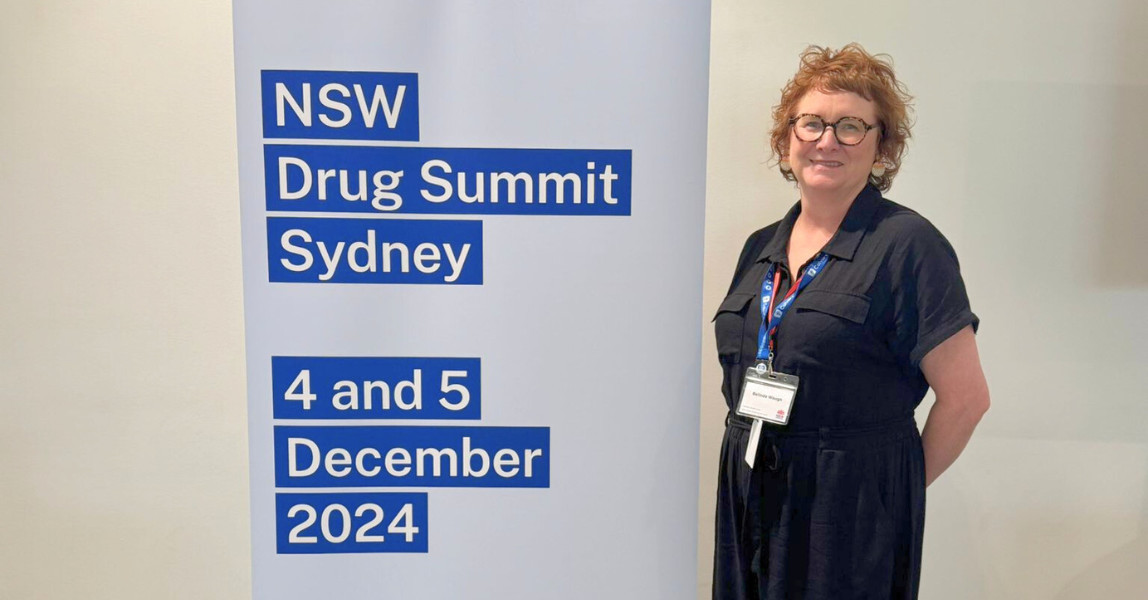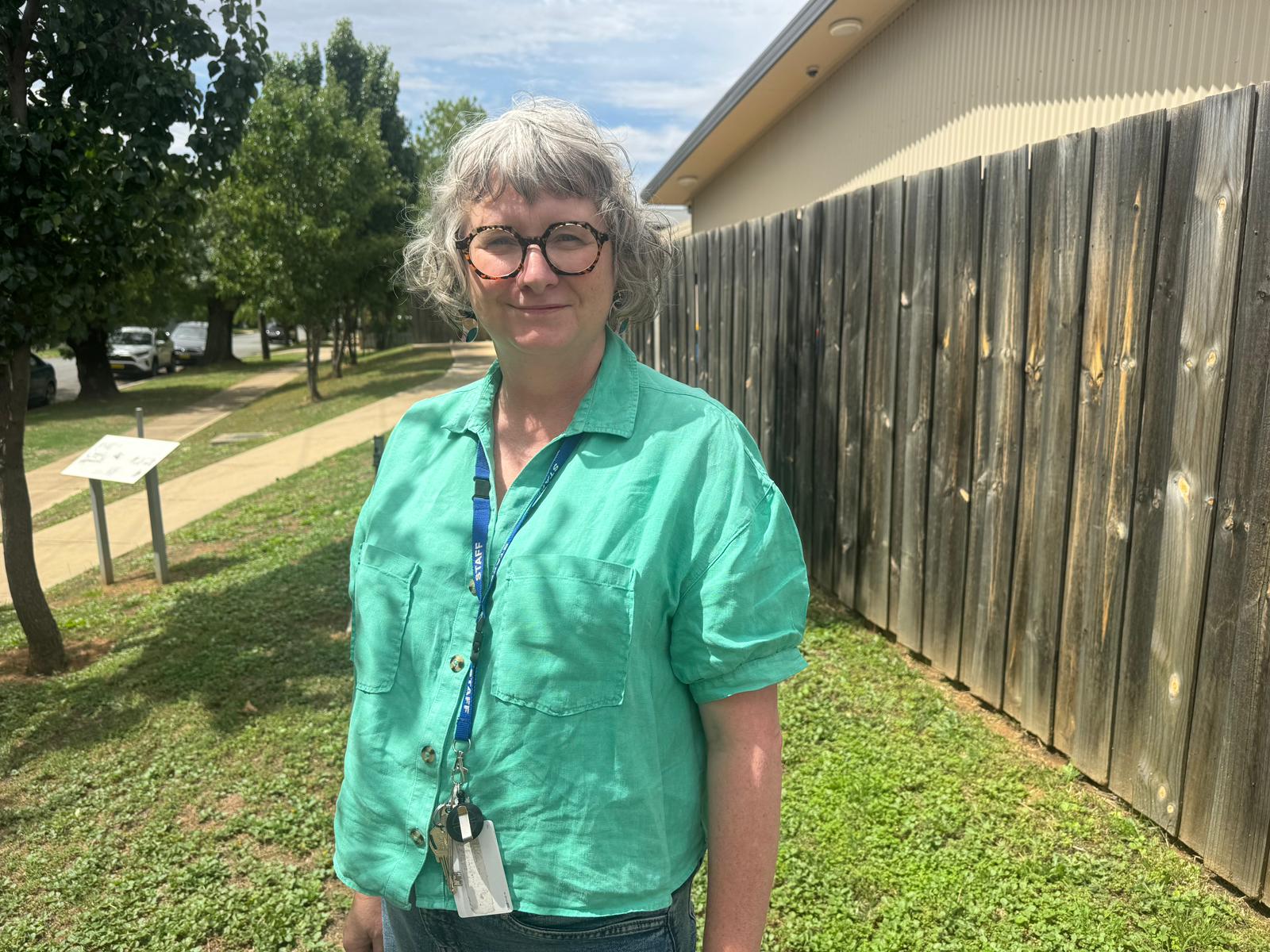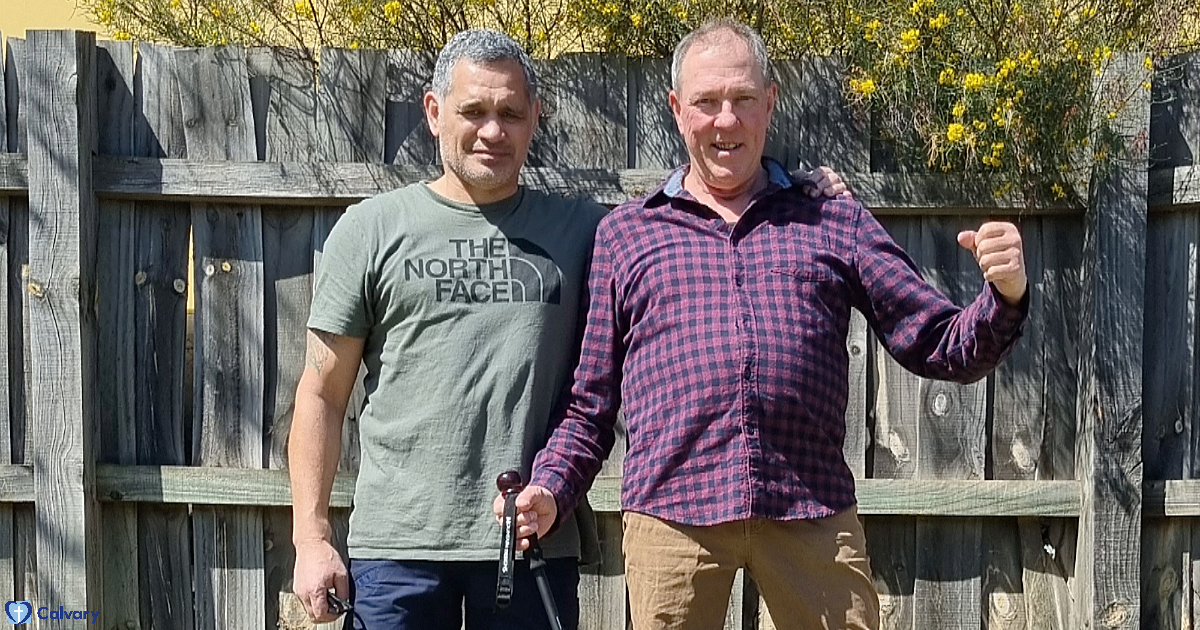Attitude to alcohol needs attention

Although not widely recognised as a gateway drug, alcohol is the other readily available substance issue facing our community.
As Nurse Unit Manager of the Calvary Riverina Drug and Alcohol Centre, I’m at the coalface of our country’s drug problems. We operate the region’s only inpatient rehabilitation unit from Wagga Wagga, a town the media has labelled as Australia’s ‘ice capital’. Yet the biggest issue my team responds to in the residential setting is not methamphetamine dependence, but in fact alcohol dependence.
Daily I see the impact alcohol is having on our communities. It breaks families, brings violence to home and our streets, and leaves people homeless at a far greater rate than any other drug. Physically, the damage it causes is lifelong. We know it harms the liver and pancreas but it can also lead to heart, brain and respiratory conditions. Alcohol is a depressant so mental health is also negatively impacted.
It takes around seven to ten days for someone that is dependent on alcohol to detox. During the first several days you sleep a lot because your body is exhausted. Within a couple of months of being sober we start to see this beautiful evolution of a person into a happier and healthier version of themselves.
It gives our clients a taste of what they can do and how they can feel for the rest of their lives if they choose to stay sober. The hard reality is the battle isn’t over. When someone goes through the program with a dependence on methamphetamine thankfully we rarely see them again. Alcohol is different, it is so readily available and accepted in society and this may be why we see a higher rate of relapses.
Recently I spoke to high school students considering a career in drug and alcohol support, and was shocked at the little knowledge around what is classified as alcohol dependence. I strongly believe the lack of education for this age group on acceptable alcohol consumption, which is nil when underage, and the impacts of drinking too much, has created the real situations we see coming through the doors of our rehabilitation centre.
Our children need to be given the confronting facts and shown how alcohol can change a person. They need to hear about the reality of alcohol abuse from those with lived experiences. As a community, we need to lead by example and stop protecting the Australian culture of drinking.
Today I’ll be taking part in the NSW Drug Summit, and that is exactly what I’ll be calling for. Our political leaders need to do more and ensure our young people are given the education they need and deserve when it comes to substance use. We need to confront the biggest drug issue facing our community.


